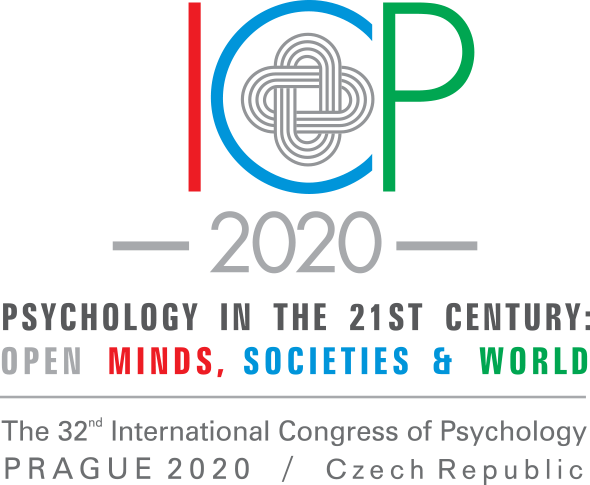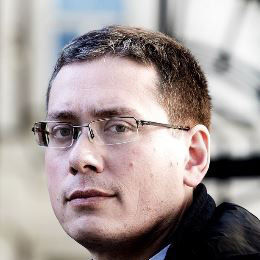

Forensic Psychology Working Group


Václav Jiřička
Chair
Head Psychologist of the Prison Service of the Czech Republic

Hedvika Boukalová
Vice Chair
Department of Psychology, Faculty of Arts, Charles University in Prague
The Forensic Psychology working group emphasizes application of theoretical knowledge and empirical experience from other areas of psychology (e.g., cognitive psychology and social psychology) to the legal arena.
The key areas of Forensic Psychology include: the work of psychologists in different forensic settings (police, prison, probation, court), psychological assessment of people involved in the legal system, psychological aspects of testimony and lie detection.
Special attention will be paid to:
(a) practice and research of forensic psychologists in various special fields:
- Courts and other tribunals
- Expert testimony
- Mental health (both general services and forensic mental health services)
- Counselling with the victims of crimes
- Corrections (adult and juvenile, prisons and community)
- Child protection
- Family services (e.g. family violence counselling services, parent training programs)
- Alcohol and other drug services
- Rehabilitation services
- Police (e.g., support of the investigation process, police personnel selection and training)
(b) ethical standards for forensic psychologists
(c) recruiting leading experts in the field, as well as participants from diverse and developing countries
Core topics:
- Police psychology and support of the investigation
- Expert testimony of forensic psychologists
- Correctional psychology – penitentiary and post-penitentiary psychology
- Psychological interventions and treatment efficacy
- Recruiting, training and staff support in forensic psychology
- Victimology (victims and their role in crimes, services for the victims of crime)
- Mental health in criminal and civil cases
- Special psycho-diagnostic issues in forensic settings (risk assessment, psychopathy, testimony credibility, new approaches and methods)
- Specific groups of crimes (substance abuse in criminal acts, sexually motivated crime, online and cybercrime, hate crimes, extremism and terrorism)
- Use of technology in assessment, treatment and management in forensic services
- Intercultural topics in the forensic field